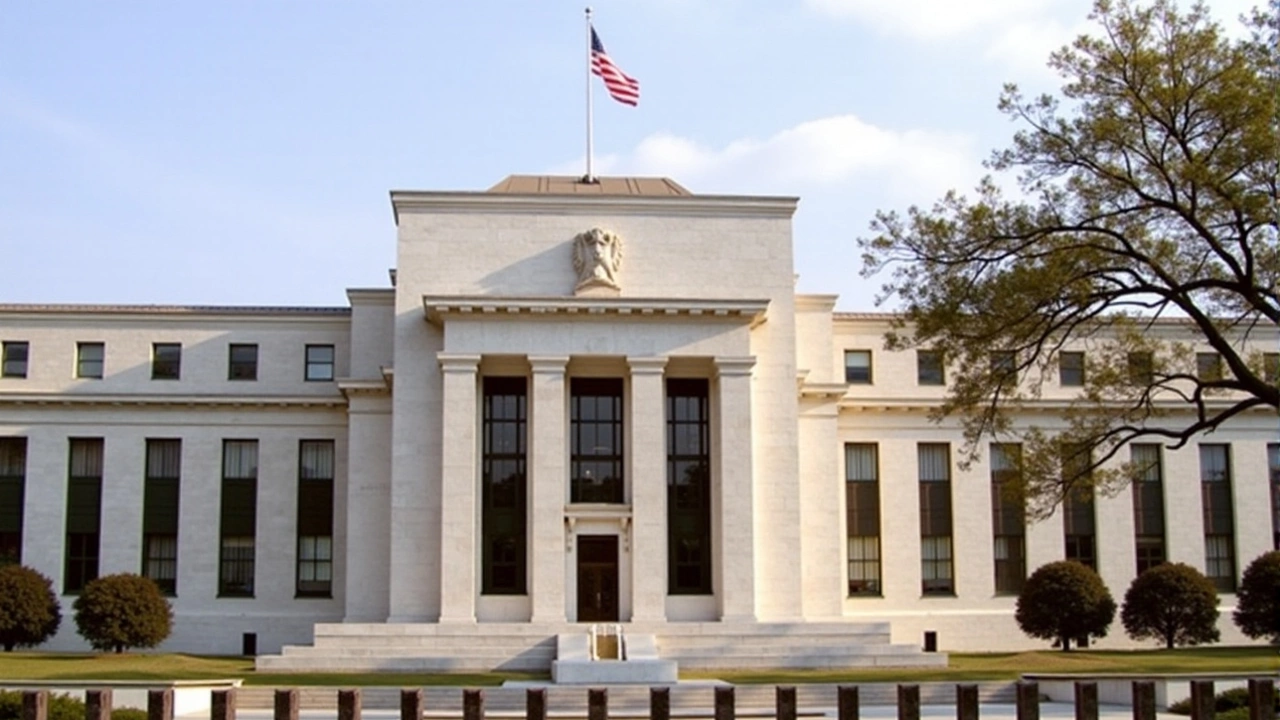Political Pressure: What It Means for India’s Startups
Ever wonder why a startup’s growth suddenly stalls or a new product faces unexpected hurdles? Often, the hidden culprit is political pressure. It’s the subtle (or sometimes loud) influence of government decisions, regulatory changes, and lobbying that can make or break a business. In India’s fast‑moving startup scene, understanding this pressure is as important as having a solid business model.
How Government Moves Affect Your Business
When the Ministry of Commerce tweaks import duties, a tech‑hardware startup can see its cost base jump overnight. When the Securities and Exchange Board of India (SEBI) tightens crowdfunding rules, early‑stage founders may lose a cheap financing route. These moves aren’t random; they’re often a response to public sentiment, lobbying from rival industries, or broader political goals.
Take the recent push for "Make in India". While it encourages local manufacturing, it also brings stricter compliance checks for companies that rely on foreign components. Startups that ignored these checks found shipments delayed and product launches postponed. The lesson? Keep an eye on policy announcements, even if they don’t mention your sector directly.
Spotting Political Pressure Early
Here are three practical ways to stay ahead:
- Follow government newsletters. Agencies like the Ministry of Finance send weekly briefs. A quick glance can reveal upcoming tax changes.
- Join industry groups. Associations such as NASSCOM or CII act as bridges between startups and policymakers. Their webinars often flag upcoming regulations.
- Watch the news for political debates. When MPs argue about data privacy or crypto bans, it’s a sign that related rules may be coming.
By treating these signals like market data, you can adjust product roadmaps before a rule hits. For example, a fintech startup that heard early chatter about tighter KYC norms started building a more automated verification system. When the new rule landed, they were ready, while competitors scrambled.
Political pressure isn’t always a bad thing. Sometimes it opens doors. The government’s push for renewable energy led to subsidies for clean‑tech startups, giving them a financial boost. The key is to spot whether the pressure is a barrier or an opportunity.
In short, political pressure shapes everything from funding avenues to supply‑chain reliability. Treat it like any other market factor: monitor, analyze, and adapt. When you do, you’ll navigate the Indian startup landscape with confidence, no matter what the next policy wave looks like.
Federal Reserve Maintains Interest Rates Amid Economic Dynamics and Political Challenges
The Federal Reserve decides to keep interest rates steady amidst economic challenges and political dynamics. Chairman Jerome Powell underscores the Fed's independence and commitment to economic indicators over political pressures, amidst calls from President Donald Trump for rate cuts. As the U.S. economy shows signs of momentum, inflation remains above target, creating a complex landscape for future monetary policy decisions.
